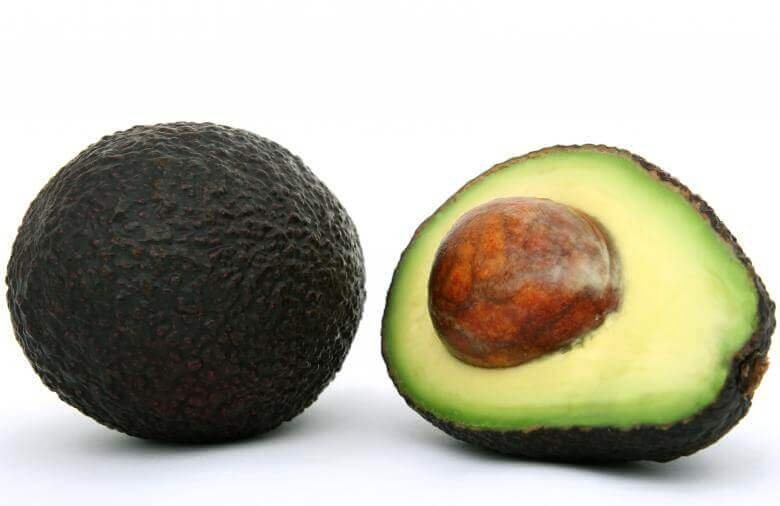In the world of sweet treats and natural delicacies, two contenders often steal the spotlight – dates vs figs. These dried fruits have been cherished for centuries, not only for their exquisite taste but also for their nutritional benefits. As we delve into the sweet debate of dates vs. figs, it’s essential to understand the unique characteristics, flavors, and health advantages each brings to the table.
Dates: Nature’s Caramel
Dates, often referred to as “nature’s caramel,” are the fruits of the date palm tree. Native to the Middle East, these sweet gems have found their way into cuisines worldwide. Dates are revered for their rich, honey-like flavor and chewy texture. They are commonly consumed as snacks, added to desserts, or incorporated into various dishes.
Flavor Profile and Texture: Dates boast a complex flavor profile that includes notes of honey, caramel, and a subtle hint of earthiness. The natural sugars in dates provide an instant energy boost, making them an excellent choice for a quick and healthy snack. The chewy texture of dates adds a delightful element to both sweet and savory dishes.
Nutritional Benefits: Dates pack a powerful nutritional punch. They are a rich source of natural sugars, dietary fiber, and essential minerals such as potassium, magnesium, and iron. Additionally, dates are known for their role in promoting digestive health due to their fiber content. The natural sugars in dates offer a healthier alternative to refined sugars, making them a favorite among health-conscious individuals.
Figs: An Ancient Delicacy
Figs, on the other hand, are ancient fruits with a history dating back to the earliest civilizations. Native to the Middle East and Western Asia, figs are revered for their unique taste and texture. These pear-shaped fruits are not only delicious but also hold cultural and historical significance.
Flavor Profile and Texture: Figs are known for their sweet and slightly nutty flavor. Unlike the chewiness of dates, figs have a more delicate and tender texture. The tiny seeds inside provide a satisfying crunch, adding an extra layer to their overall appeal. Figs can be enjoyed fresh or dried, with the dried version being more concentrated in sweetness.
Nutritional Benefits: Similar to dates, figs offer a range of health benefits. They are an excellent source of dietary fiber, promoting digestive health and helping with weight management. Figs are also rich in vitamins and minerals, including vitamin A, vitamin K, potassium, magnesium, and calcium. The antioxidants present in figs contribute to their potential role in reducing inflammation and supporting overall well-being.
Comparing Nutritional Profiles:
While both dates vs figs share similarities in terms of nutritional benefits, there are some differences to consider. Dates tend to be higher in natural sugars, providing a quick energy boost. On the other hand, figs have a slightly lower sugar content and a higher concentration of certain vitamins and minerals. Choosing between dates vs figs may depend on individual dietary preferences and health goals.
Culinary Uses:
The versatility of both dates vs figs makes them popular ingredients in various culinary creations.
Dates in the Kitchen: Dates are a staple in Middle Eastern and North African cuisines, where they are often used in both sweet and savory dishes. They can be stuffed with nuts, blended into smoothies, or chopped and added to salads for a burst of natural sweetness. In desserts, dates are frequently used to sweeten recipes without the need for added sugars.
Figs in Culinary Creations: Figs, with their unique taste and texture, are commonly featured in Mediterranean and European cuisines. They pair exceptionally well with cheeses, nuts, and cured meats. Figs can be enjoyed fresh with a drizzle of honey or incorporated into salads, jams, and desserts. Their sweet and slightly earthy flavor adds depth to both sweet and savory dishes.
Choosing Between Dates vs Figs:
When it comes to choosing between dates vs figs, personal preference plays a significant role. Here are a few considerations to help guide your decision:
- Flavor Preference: If you prefer a rich, caramel-like sweetness, dates vs figs, dates might be the ideal choice. For those who enjoy a nuanced sweetness with a nutty undertone, figs could be more appealing.
- Texture Matters: Dates offer a chewy texture, while figs provide a tender and delicate mouthfeel. Your preference for texture in recipes can influence your choice between the two.
- Nutritional Goals: If you are looking for a quick energy boost and higher natural sugar content, dates may be the better option. If you prioritize a slightly lower sugar content with added vitamins and minerals, figs could be the preferred choice.
Conclusion:
In the sweet debate of dates vs figs, there’s no clear winner – it all comes down to personal taste, culinary preferences, and nutritional goals. Both of these dried fruits bring unique flavors, textures, and nutritional benefits to the table. Whether you’re indulging in a sweet snack, enhancing a savory dish, or experimenting in the kitchen, dates, and figs are delightful additions that have stood the test of time, offering a taste of nature’s sweetness in every bite.
Read more:
How to Cut Green Onions: A Comprehensive Guide in 2023



